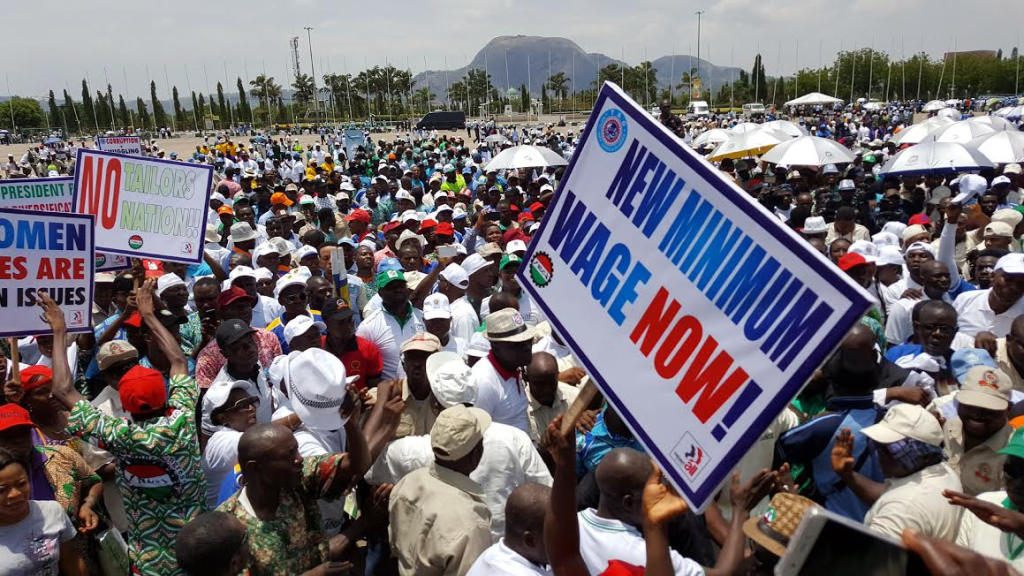Nkeiruka Onyejeocha, the Minister of State for Labour and Employment, has been actively involved in the implementation of a new minimum wage. Following the recent announcement that civil servants will start receiving the newly approved N70,000 minimum wage, the minister’s leadership and commitment to improving the lives of Nigerian workers have been highlighted. This wage adjustment officially began on September 26, 2024, marking a significant step towards enhancing the living standards of public servants amidst the ongoing economic challenges in the country.
The approval of the N70,000 minimum wage by President Bola Tinubu on July 18, 2024, came after extensive discussions with organized labor groups, including the Nigeria Labour Congress (NLC) and the Trade Union Congress (TUC). This decision, which was widely celebrated, aims to address the pressing issues of inflation and the rising cost of living that have affected workers across various sectors. Onyejeocha has played a crucial role in this process, advocating for the rights of workers and ensuring that their voices are heard in the negotiations that led to this historic wage increase.
As the implementation of the new wage begins, Onyejeocha has assured the public that a comprehensive template for the national minimum wage will be finalized and released soon. This template is expected to guide the payment structure and ensure that all stakeholders, including the private sector, are well-informed about the new wage dynamics.
The establishment of a tripartite committee, comprising representatives from organized labor, the private sector, and the government, is a testament to her commitment to collaboration and transparency in the wage implementation process. This committee is tasked with addressing any concerns that may arise during the transition to the new minimum wage, ensuring that the process is smooth and equitable for all parties involved.
The minister’s proactive approach to the minimum wage implementation reflects her understanding of the broader implications of wage adjustments on the economy. While the increase is a welcomed relief for many workers, it also poses challenges for employers who must adapt to the new financial realities.
Onyejeocha has emphasized the importance of strategic planning for businesses, encouraging them to reassess their operations and staffing strategies in light of the new wage structure. Her focus on creating a balanced dialogue between workers and employers underscores her dedication to fostering a sustainable labor environment in Nigeria.






